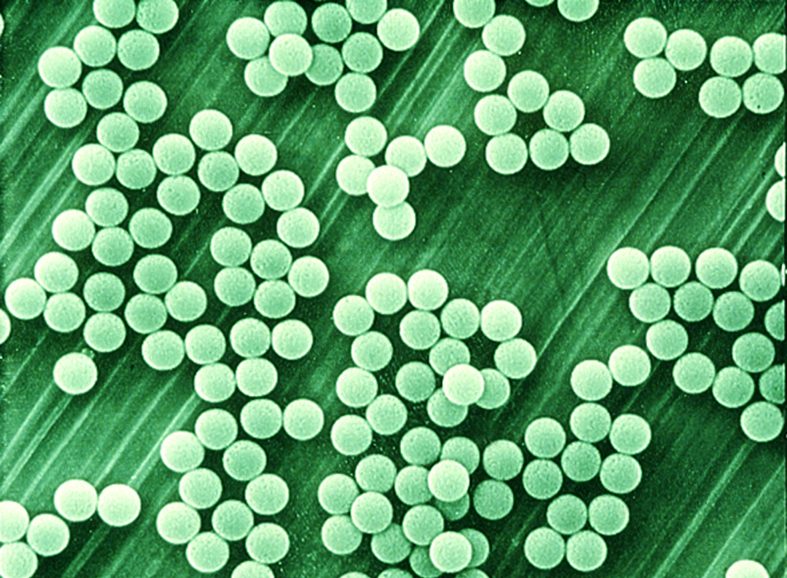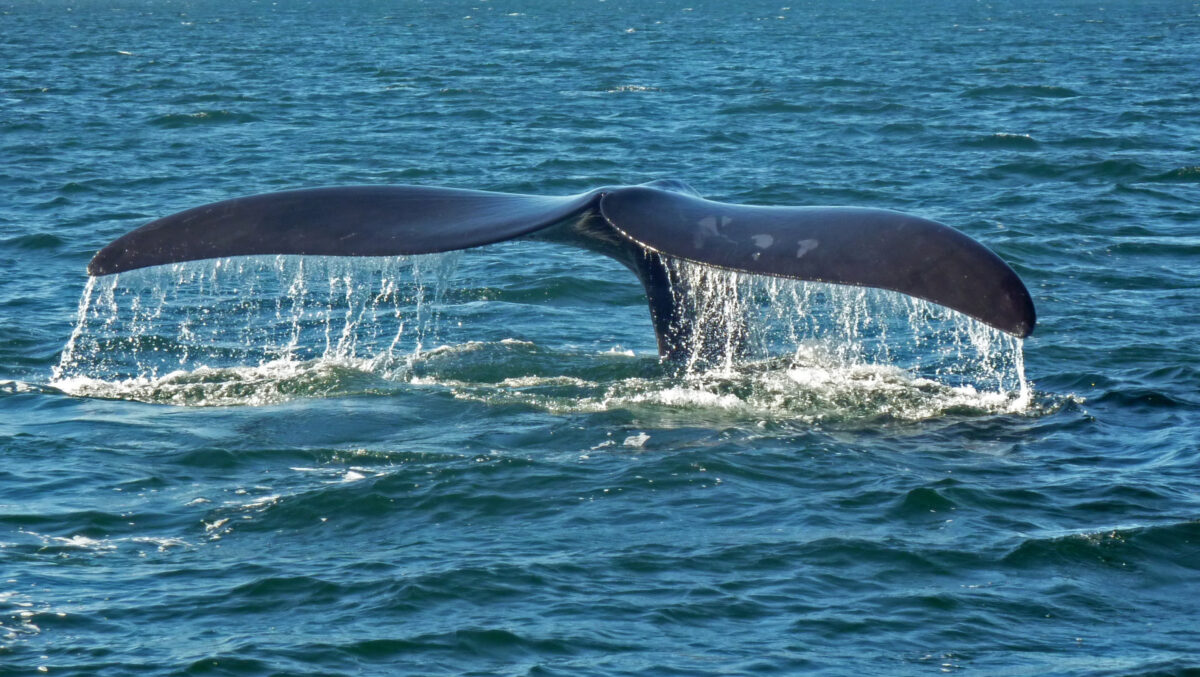New studies reveal ways that food from our plates can be used to sustainably fuel airplanes as an alternative to fossil fuels.
Planes consume more than 21 billion gallons of fuel each year and emit about 920 million tons of carbon dioxide annually, which accounts for 3.5% of greenhouse gas emissions worldwide.
Greenhouse gases trap heat in the Earth’s atmosphere, raising the planet’s average temperature. In an ongoing study, Derek Vardon, a chemist at the National Renewable Energy Laboratory, is developing ways to shape the future of air travel toward sustainability. This future may lie in a Greek salad.
Vardon used volatile fatty acids (VAFs) to create bio-based jet fuel. VFAs are foul-smelling fluids composed of chain-like molecules derived from plant-based food waste, like Greek salad and chicken primavera.
Vardon vaporized the VFAs and then percolated them over small pellets of zirconium oxide. Zirconium oxide is a ceramic material often used for advanced ceramic applications, like dental prosthetics. These marble-sized pellets knitted the VFAs into longer chains, known as ketones, and condensed the ketones into a clear liquid.
Oxygen atoms were then stripped from the liquid to make jet fuel. This food-to-fuel process created sustainable aviation fuels, which could reduce our carbon footprint while maintaining the convenience of air travel.
According to Vardon’s research, SAFs could be as cheap as the commonly used, petroleum-based alternatives.
The fuel from VFAs contains carbon originating from plants, which is drawn from our atmosphere, so emissions would only be a fraction of those from fossil fuels. Vardon suggested that a 165% reduction in greenhouse gas emissions by 2050 is attainable with VFA-derived SAFs.
There have been many failed attempts over the past 15 years on making fuel made from food waste, but these new research developments are promising for the future. There is a very small window of time when an environmentally positive impact on climate change can be made.
Targeting the lead consumers of fossil fuels is very important. Progress in chemistry, engineering, logistics and governmental policy is making this climate-change dream closer to reality; these SAFs have a promising possibility to “take off,” according to Vardon.















